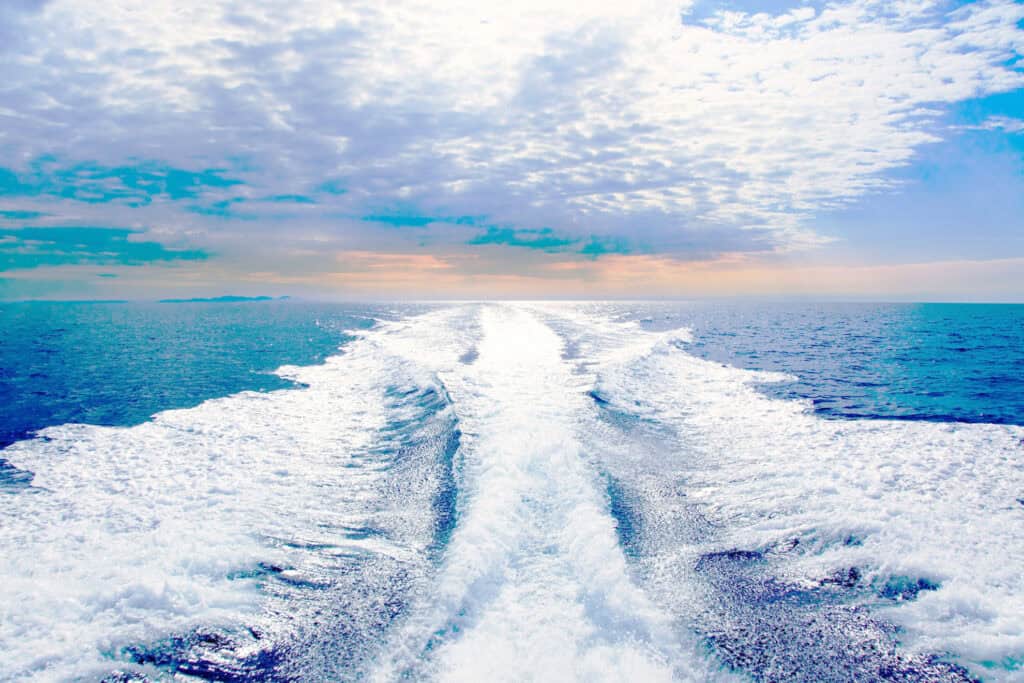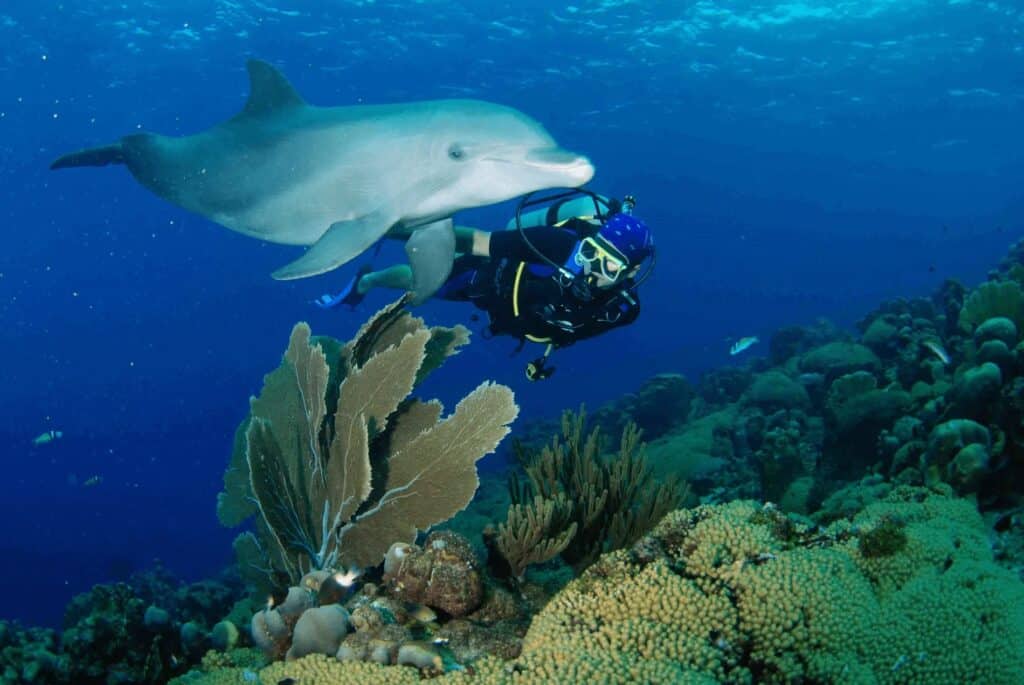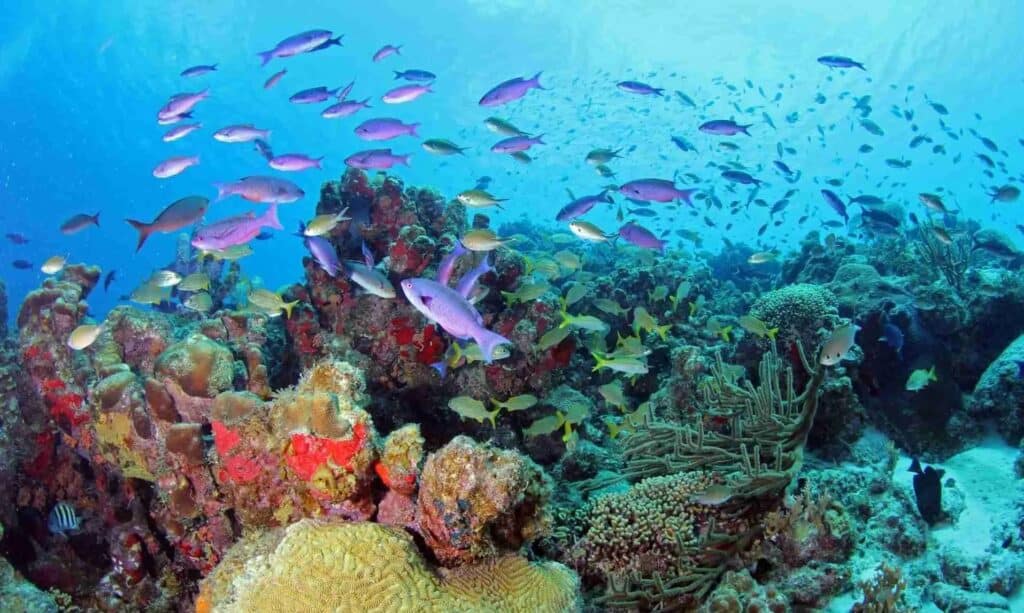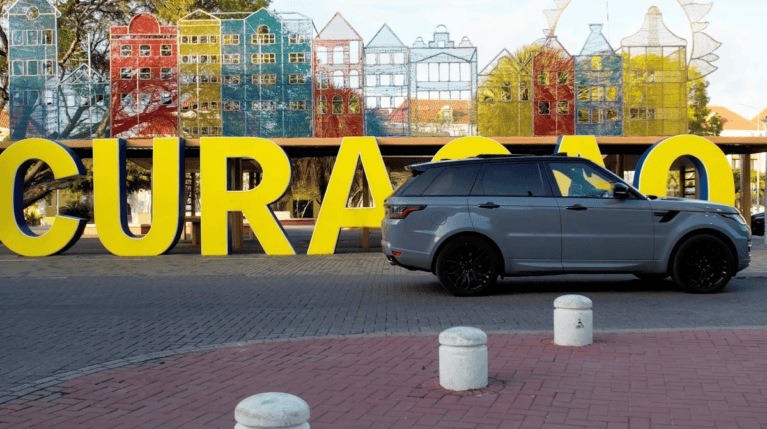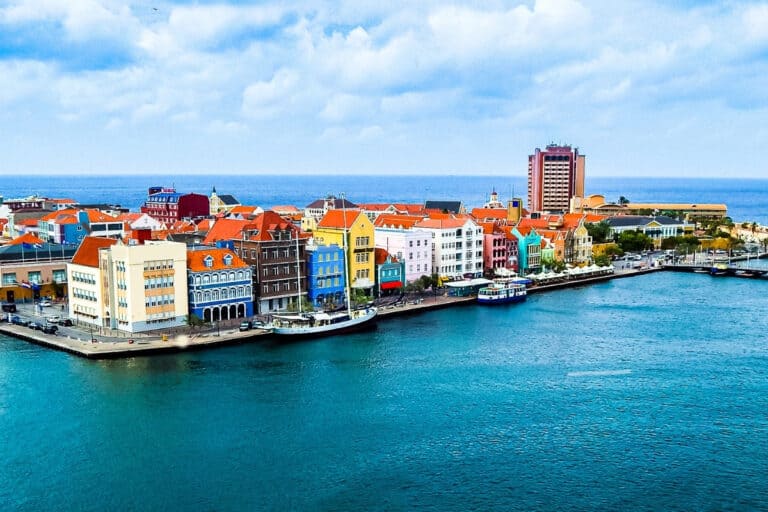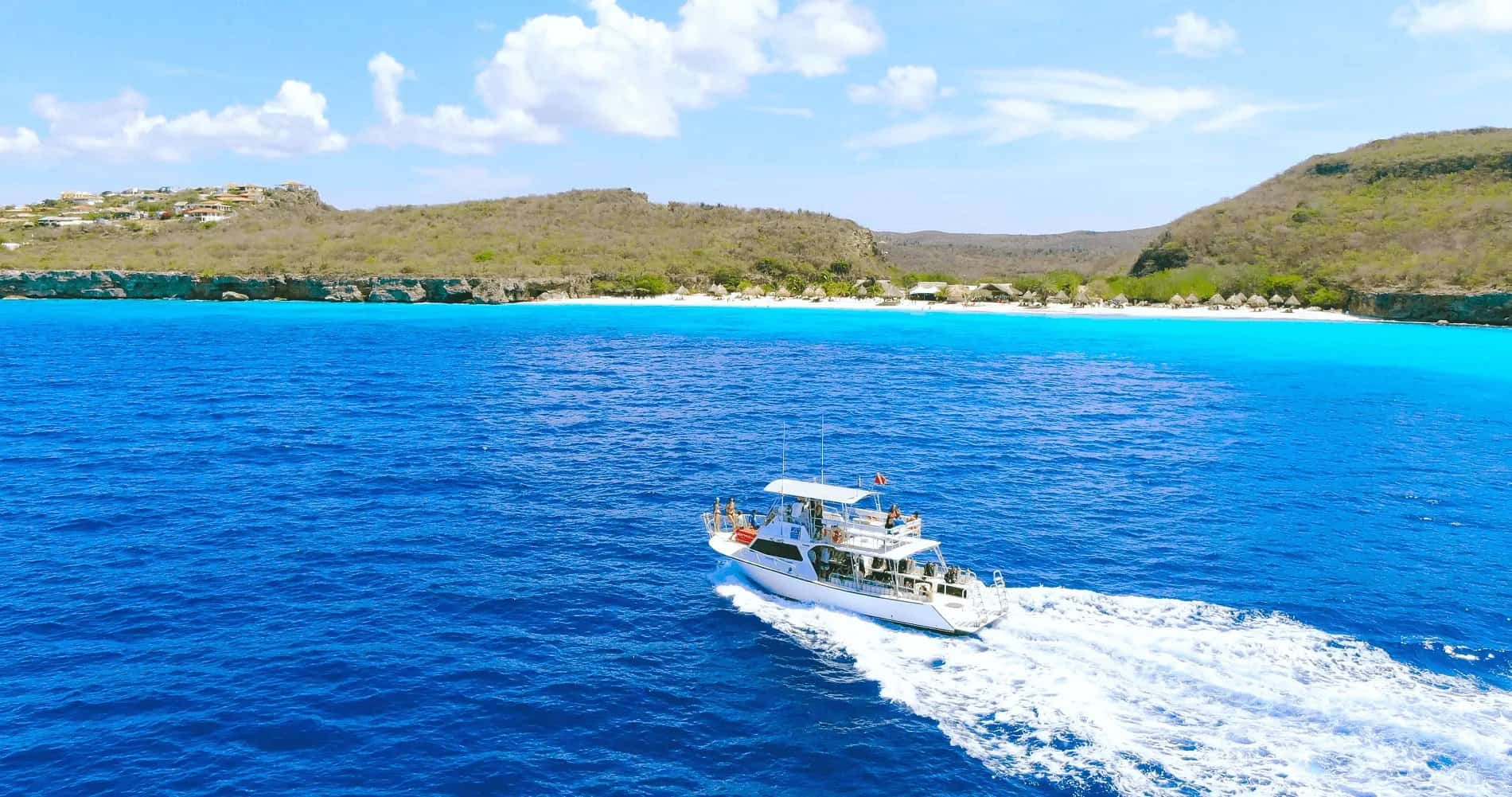
What documents do I need to enter Curaçao?
What documents do I need to enter Curaçao?
Are you planning your Caribbean getaway and wondering which travel documents you’ll actually need to pass through immigration smoothly?
What you need to know before you fly
Entry to Curaçao requires a valid passport, a completed Digital Immigration Card (also known as the DI Card), proof of accommodation, and evidence of sufficient funds for your stay. US visitors don’t need a visa for stays up to 90 days, but you must fill out the digital immigration form before arrival. This online application form replaced the old paper card system in January 2021, making the process faster and more efficient for foreign travelers.
You’ll also need to show a return or onward airline ticket and may be asked about travel insurance covering medical expenses. If you’re arriving by cruise ship, the embarkation process is slightly different, but you’ll still need your passport and the completed digital card. Make sure to check your confirmation email after submitting your DI Card online, and don’t forget to look in your spam folder if it doesn’t arrive within a few hours.
Since Curaçao is part of the Kingdom of the Netherlands but not a Schengen country, European Union passport holders still need to follow these same entry requirements. Keep your documents accessible during your flight, as the immigration officer will verify everything upon arrival at the airport.

Luxury car rentals in Curaçao
Experience transparent pricing and exceptional service with Rent Car Curaçao. Choose from luxury vehicles elevate your Curaçao adventure.
Special circumstances and extended stays
While most tourists breeze through with basic documents, certain situations require additional paperwork and advance planning. Understanding these special categories helps you avoid delays and ensures full compliance with Dutch law governing entry procedures.
Arriving from high-risk health zones
If you’re traveling from regions where Yellow Fever is endemic, you must present a valid vaccination certificate upon arrival. Immigration authorities take public health seriously, and without proper documentation you may be denied entry or quarantined. Check with the Curaçao Tourist Board or Royal Netherlands Embassy in your home country for current health requirements. The island maintains modern Medical Facilities including St Elisabeth Hospital, Antilles Adventist Hospital, and The Taams Clinic, but prevention through vaccination is mandatory for designated countries.
Working or studying on the island
Planning to work or study rather than vacation? You’ll need to apply for a work permit or student visa well before your departure date. These applications go through the representation of the Netherlands consular offices and require extensive documentation including employment contracts, educational enrollment letters, police clearances, and proof of financial stability. The Curaçao Investor Permit Program offers another pathway for entrepreneurs and investors, while the Curaçao Work Permit process typically takes several weeks for approval. Current residents of Curaçao can assist with navigating local requirements and connecting you with proper authorities.
Long-term stays and residence applications
Visitors planning to stay beyond the standard 90-day tourist window must apply for a residence permit through immigration authorities. This process involves submitting detailed personal information, undergoing background checks, and demonstrating sufficient income or sponsorship. Unlike short visits, extended stays require comprehensive Medical insurance coverage accepted by local healthcare providers. Processing times vary significantly based on your nationality and purpose of stay, so start your application at least three months before your intended arrival date.
Venezuelan and other regional travelers
Special entry protocols apply to Venezuelan nationals and some other foreign travelers from nearby countries. These visitors may need to present additional documentation including proof of ties to their home country, detailed travel itineraries, and sometimes consular pre-approval. Check with your nearest Netherlands Antilles diplomatic mission for country-specific requirements that extend beyond standard tourist documentation. The Dutch Caribbean maintains these measures to manage regional migration patterns while welcoming legitimate tourists.
Safety awareness and local regulations
Once you arrive, familiarize yourself with local laws that may differ from home. Road signs follow European conventions, and you’ll need to understand Dutch law enforcement practices. While the Risk level for tourists remains low, Petty crime does occur in tourist areas, so use common sense with valuables. Many resorts employ private security, but you’re ultimately responsible for your belongings. Be aware that Curaçao has no HIV/AIDS Restrictions for entry, unlike some Caribbean destinations. The island experiences minimal impact from Natural Disasters compared to hurricane-prone neighbors, though monitoring the weather forecast during your stay is always wise.
What documents do I need to enter Curaçao? - FAQ
What is the Curaçao Express Pass and do I need it?
The Curaçao Express Pass is an optional fast-track immigration service available at the airport for travelers who want to skip regular lines. While not mandatory, it speeds up processing especially during peak arrival times. You still need all standard travel documents including your passport and completed DI Card. The pass can be purchased online before your trip or at the airport, though advance booking guarantees availability. Most US citizens find standard processing quick enough, but families or business travelers may appreciate the time savings during busy periods.
Can I use the Airside App for my arrival process?
The Airside App helps streamline your arrival by storing digital copies of your travel documents and immigration information. While convenient, it doesn’t replace the mandatory Digital Immigration Card submission or physical passport presentation. The app works best as a backup document holder and helps you track your confirmation email and booking details in one place. Download it before departure and upload scans of your passport, airline ticket, and hotel reservations. Immigration officers still require original documents, so keep physical copies accessible during your journey through the Caribbean sea region.
Where can I find help with travel requirements before I go?
Check the KNOW BEFORE YOU GO section on the official Curaçao tourism website and review the FAQ section for detailed Entry requirements. The FAQ TRAVEL GUIDE APP provides mobile access to current visa policies, health regulations, and document checklists. You can also contact us through the tourism board’s help desk for specific questions about your nationality or travel situation. Download relevant apps before departure to access information offline. These resources explain everything from Curaçao Visa Requirements to special protocols for cruise passengers and regional travelers visiting the Dutch Caribbean.
What activities should I book in advance to save on travel expenses?
Popular Water sports like scuba diving and jet skiing often offer early booking discounts that reduce overall travel expenses. Reserve excursions to favorite places like Klein Curaçao or sunset catamaran tours at least a week ahead for better rates and guaranteed availability. Many operators provide package deals combining multiple activities at reduced prices. Use comparison platforms to evaluate different providers and read reviews from recent visitors. Booking transportation, restaurants, and tours together can save 15-25% compared to walk-up rates. Consider purchasing activity packages that include equipment rental and transportation to maximize your budget while experiencing the island’s best adventures.
How do I handle the Embarkation and Disembarkation Card if arriving by cruise?
Cruise passengers receive an Embarkation and Disembarkation Card (also called ED Card) from their ship’s staff before docking. This document works alongside your passport and cruise credentials but doesn’t replace the online Curacao Immigration Card requirement that went into effect January 15, 2021. Some cruise lines handle digital immigration submission on behalf of passengers, while others require individual completion. Verify with your cruise line whether they process the DI Card collectively or if you need to submit it independently through the official portal. Keep all documents together when going ashore and returning to your cruise ship for smooth processing at each checkpoint.
What payment method should I use for the Digital Immigration Card?
The online application form accepts payment via major credit or debit card from international banks. The processing fee is charged in US dollars regardless of your home currency, and your card issuer will handle conversion if needed. Ensure your card has sufficient available credit and is authorized for international transactions before starting the application. After payment, you’ll receive a confirmation email with your approved card, typically within a few hours. Save this email and a screenshot to your phone as backup. Check your spam folder if the confirmation doesn’t arrive, as some mailbox provider systems filter automated messages from email communications systems.
What personal information is required for the immigration form?
The digital form collects standard personal information including your full name exactly as shown on your passport, date of birth, nationality, and passport number with expiration date. You’ll also enter your flight number, arrival date, accommodation address in Curaçao, and contact email address for confirmation delivery. Additional fields cover the purpose of your visit, intended length of stay, and departure plans. The system may ask about recent travel history particularly from regions requiring health declarations. All information must match your passport and booking documents exactly, as the immigration officer will verify details upon arrival. Keep your digital version accessible on your phone or printed copy in your carry-on bag.
How long is the processing time for the immigration card approval?
Standard processing time for the Passenger Locator Card averages 2-4 hours after submission, though most travelers receive their confirmation email within 30-60 minutes. Submit your application at least 48 hours before departure to avoid last-minute complications. During peak travel seasons, processing may take longer due to high volume. If you haven’t received confirmation within 6 hours, check your spam folder and email settings to ensure messages from government domains aren’t blocked. The approval email contains a QR code and confirmation number needed at immigration. Save multiple copies across devices and consider printing a physical backup to present alongside your passport and airline ticket at the airport checkpoint.
What real estate options exist for property investors?
Investors exploring real estate opportunities can access residential and commercial properties throughout the island, from beachfront villas to downtown Willemstad apartments. The Curaçao Investor Permit Program offers residency pathways for qualifying property purchases typically above $280,000 USD. Work with licensed local agents familiar with foreign buyer requirements and Dutch law property regulations. Properties can generate rental income from tourism, with many owners using management companies to handle bookings and maintenance. Consult with legal and tax advisors regarding ownership structures, as regulations differ from typical European Union property laws despite Curaçao’s connection to the Kingdom of the Netherlands.
Where are the best medical facilities if I need healthcare during my visit?
The island offers modern healthcare through St Elisabeth Hospital in Willemstad, the primary facility with emergency services and specialist departments. Antilles Adventist Hospital provides additional inpatient and outpatient care with English-speaking staff. For minor issues, The Taams Clinic offers convenient walk-in services for tourists near major hotel areas. Ensure your Travel insurance covers international Medical Facilities and emergency evacuation if needed. Most doctors and nurses speak English and Dutch, and facilities accept major international insurance plans with proper documentation. Pharmacies are well-stocked throughout the island, though bringing prescription medications with original packaging and doctor’s notes is recommended for extended stays.
Discover the Wonders
of Klein Curaçao
Experience the untouched beauty of Klein Curaçao, a hidden paradise with stunning beaches and rich marine life. Perfect for snorkeling, diving, or simply relaxing in the sun.
Popular subjects
Luxury car rentals in Curaçao
Experience transparent pricing and exceptional service with Rent Car Curaçao. Choose from luxury vehicles elevate your Curaçao adventure.
Subscribe to our newletter
Discover the Wonders of Klein Curaçao
Experience the untouched beauty of Klein Curaçao, a hidden paradise with stunning beaches and rich marine life. Perfect for snorkeling, diving, or simply relaxing in the sun.

